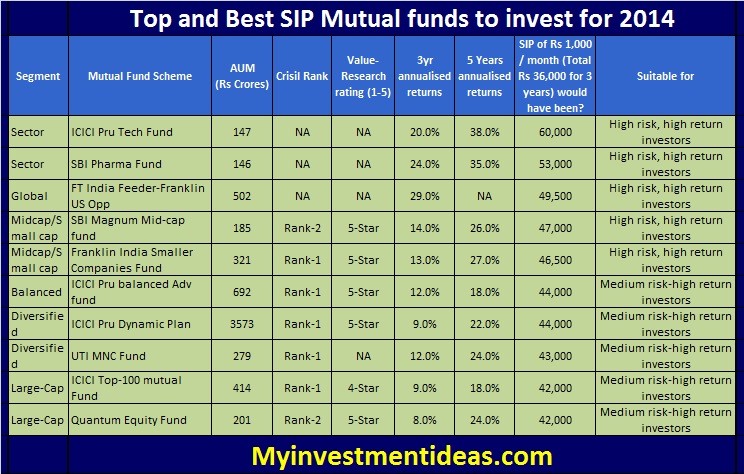Where to Find the Best Retirement Mutual Funds
Post on: 4 Июнь, 2015 No Comment

Retirement Mutual Funds, It’s All In How You Use Them
You can opt-out at any time.
Which are the best mutual funds to own in retirement? Some mutual funds are better suited to provide retirement income than others, but the most important thing to consider is not the fund itself, but how you use the fund. Below are three criteria to follow when choosing retirement mutual funds.
1. Look for retirement mutual funds with lower expenses
With over 11,000 mutual funds on the market, it can be difficult to figure out which ones are appropriate to use in retirement. One important thing to look at is the internal cost of the mutual fund.
Suppose you invest $100,000 in a mutual fund that has expenses of 1% a year, or $100,000 in a similar mutual fund that has expenses of .50% per year. With the second fund that has lower internal expenses you have an extra $500 a year that comes back to you rather than being paid in fees. Over the course of a thirty year retirement, that extra $500 a year adds up.
Afraid a retirement mutual fund with lower expense won’t perform as well? Think again. Lower expense funds often outperform their peers that have higher fees. (Learn how to spot mutual fund fees in 5 Mutual Fund Fees to Ask About .)
Index funds are known to deliver solid performance with low fees. You can build a solid, low cost retirement portfolio using funds from this best index fund list. and then apply the principles outlined in item three below. Or you can look at using a retirement income fund, described below.
2. Consider a retirement income fund for monthly retirement income
Many of the large mutual fund companies have put together a series of funds designed just for retirement. They are often referred to as retirement income funds. These retirement mutual funds are specifically designed and managed to deliver monthly retirement income to you.
If you want a retirement mutual fund that delivers a high level or monthly income, expect that over time your principal will stay flat or gradually go down. If you want a retirement mutual fund that will maintain its value, you’ll need to accept less income. Most retirement income funds are designed to pay out between 3% and 7% a year, so for every $100,000 invested, expect annual income of $3,000 to $7,000 a year. I’ve created a list of retirement income funds that you can use to start your search.
Retirement income mutual funds are different than dividend income funds. which are another option. A retirement income fund will manage a portfolio of both stocks and bonds designed to offer a tradeoff between capital preservation and monthly income. A dividend income fund owns stocks or preferred stocks that pay dividends. A retirement income fund can generally serve as a complete portfolio for you, whereas a dividend income fund would be one piece or building block of a retirement portfolio.
3. Follow a defined investment strategy using mutual funds for retirement
One big mistake both retirees and financial advisors make is thinking that in retirement when they are withdrawing money they can manage their mutual funds the same way they did when they were working and saving and investing.
In retirement a thoughtful process needs to be applied to which accounts you will need to withdraw from in which years, and you need to make sure that you will never be in a situation where you may be forced to sell a retirement mutual fund in a down market.
- One option is to use a well documented set of withdrawal rate rules to manage a portfolio of retirement mutual funds.
- Another option is to follow the Income for Life model. where you think of your funds in terms of time segments – investing the money you need in the next five years differently from the money you won’t need for at least fifteen years.
- Another option is to work with an experienced retirement planner who understands that investing for income takes a different approach.
The best mutual funds for retirement are the ones that have low expenses, and have been chosen after you laid out a retirement income plan and investment plan.
Many upcoming retirees spend far too much time trying to find the best retirement mutual funds, and far too little time on planning decisions such as tax planning. when to take Social Security, or how to take their pension income. When these other decisions are made appropriately they can often deliver far more value than picking the mutual fund. Do your retirement planning first, than the last piece of the planning process should be choosing retirement investments.














